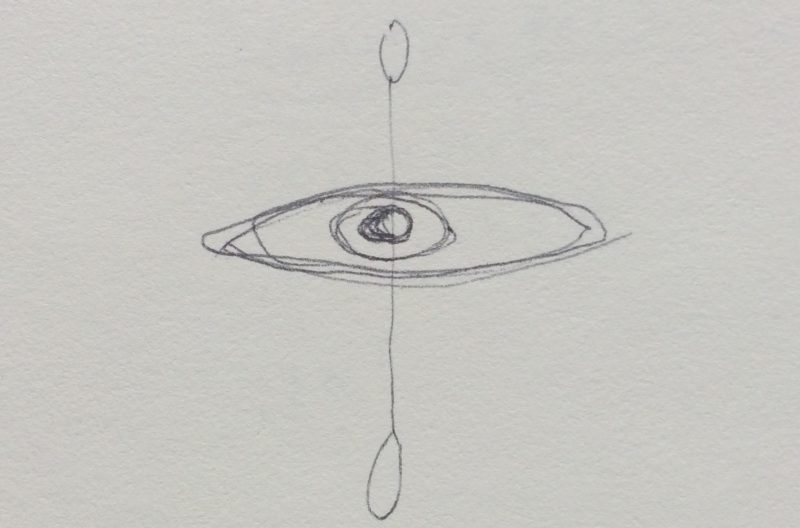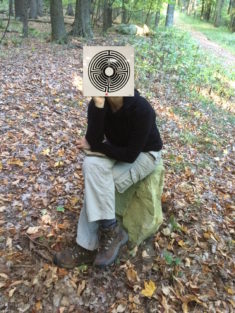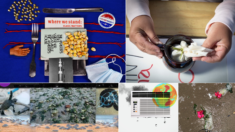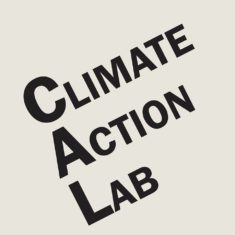About this Public Humanities Project
Bibi Calderaro is a transdisciplinarian who weaves theories and practices from art, education and research, blending diverse knowledge fields and and PhD student in the Urban Education Department at The CUNY Graduate Center. Bibi Calderaro is a recipient of the 2020 Public Humanities Fellowship from Humanities New York and the Center for the Humanities at The Graduate Center, CUNY for her public humanities project "C.A.R.E. Program for Environmental Justice."
The C.A.R.E. Program for Environmental Justice will be a further development of the following project, titled The Collaboratory in Active Regenerative Ecologies Program (C.A.R.E.). The C.A.R.E. Program focuses on immersive pedagogies in the Hudson River Estuary by inviting public education teachers to an itinerant summer residency on kayaks. The program’s overall goal is to learn with the estuary and from ourselves as co-inhabitants in the bioregion while transforming the latter into an open-air classroom. It also aims to build a diversity of skills that are deemed important in the understanding of the overlapping environmental and social crises toward the empowerment needed to take action about them now: de-assimilation, de-carbonization, decolonization, de-growth, subsistence skills, eco-agriculture, amongst others.
For this project the estuary is understood as the connective tissue between rural and urban publics along the valley, both of whom make use of the watershed in order to sustain their livelihoods. Addressing the urgent need to direct this project towards those publics who are highly underrepresented yet at high risk of being assimilated, while at the same time at higher risk of the impacts of climate change and other social and environmental inequities, C.A.R.E. will focus mostly on those who identify as Latinx and/or Hispanic or who serve these communities of learners. Acknowledging the need to integrate social and environmental justice, the program also emphasizes building multiple meaningful relationships with our watershed, fostering communication and awareness of the close interconnections that exist between them and the bioregion at cultural, historic, geographic, socio-economic, and ecological levels. In lieu of the traditional curriculum, the program will adopt an itinerant pedagogy that addresses the gulf that exists between the socio-environmental emergencies and the education system’s lack of a holistic response or call to action.
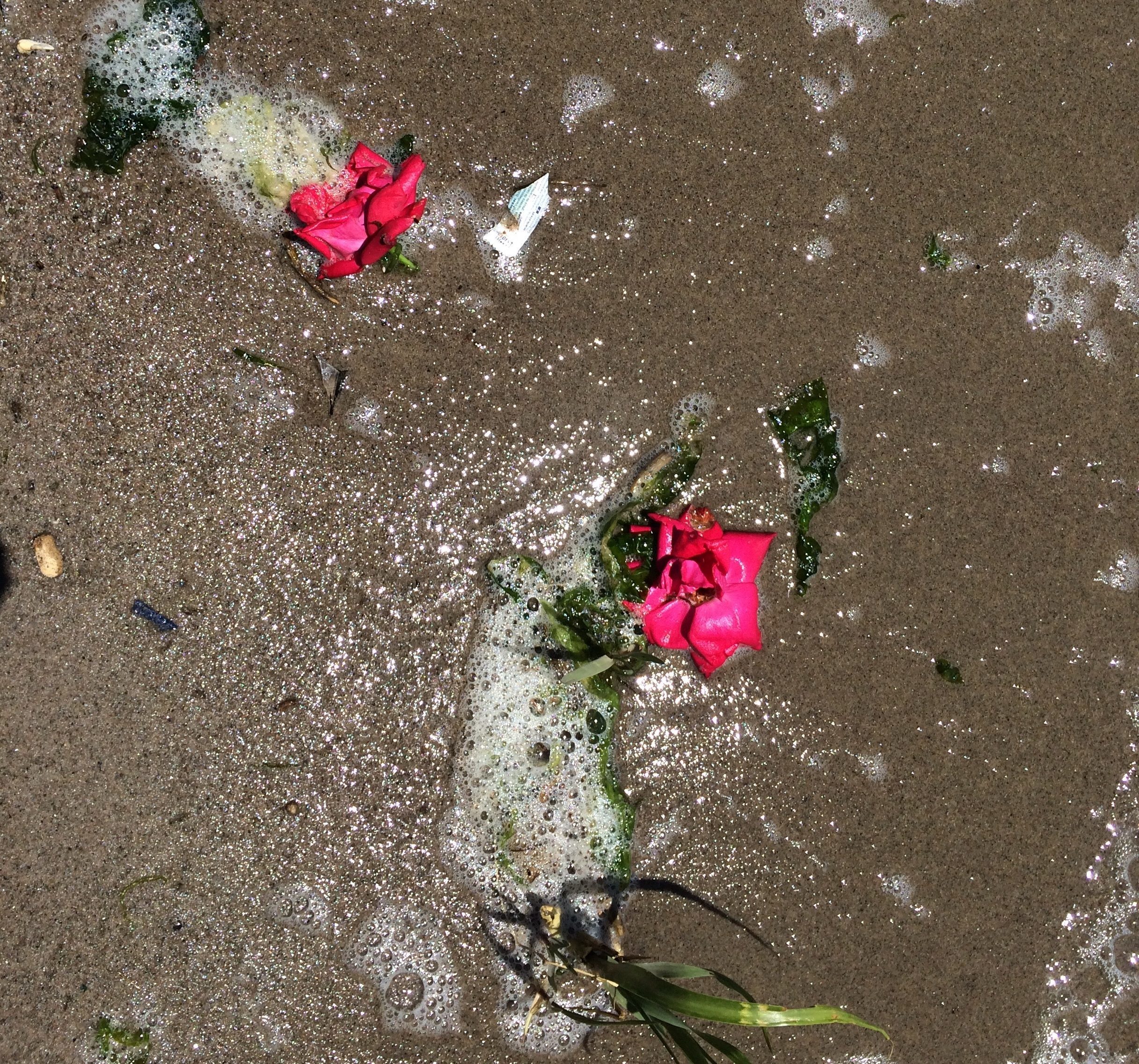
About Bibi Calderaro and her Work
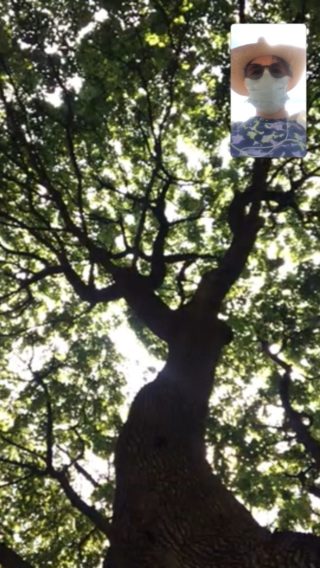
Bibi Calderaro is a transdisciplinarian who weaves theories and practices from art, education and research, blending diverse knowledge fields. Her work circulates internationally since 1995 aiming to build ecological solidarity within and beyond the human. Her participatory sensorial walks explore ideas of hybridity within decolonial grounds. Her collaborative work with the Coastal Reading Group explores the intersections of the body, the psyche and the social within the frame of postphenomenological thinking and eco-centric ethics.
As an immigrant from the Global South living in NYC, she wants to expand urbanecosystem praxes in the Hudson River Estuary bioregion to include non-Western paradigms/knowledges/practices that can further help integrate and connect humans and the more-than-human. This fellowship will allow her to further develop a teacher-training program within the bioregion as classroom, connecting the humanities and a diversity of publics along its valley.
Explore these resources and websites related to Calderaro's work here:
Bibi Calderaro's website: www.bibicalderaro.com
Estuarian Itineraries Learning Program: https://estuarian.commons.gc.cuny.edu
Costal Reading Group: www.coastalreadinggroup.com
Holes in the Wall Collective: www.holesinthewallcollective.org
This Public Humanities Fellowship and Project is sponsored by Humanities New York and the Center for the Humanities at the Graduate Center, through support from the Andrew W. Mellon Foundation.
